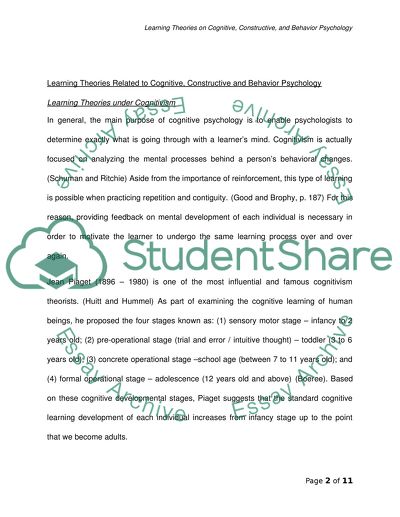Cite this document
(“Learning Theory Essay Example | Topics and Well Written Essays - 1500 words”, n.d.)
Retrieved from https://studentshare.org/miscellaneous/1549115-learning-theory
Retrieved from https://studentshare.org/miscellaneous/1549115-learning-theory
(Learning Theory Essay Example | Topics and Well Written Essays - 1500 Words)
https://studentshare.org/miscellaneous/1549115-learning-theory.
https://studentshare.org/miscellaneous/1549115-learning-theory.
“Learning Theory Essay Example | Topics and Well Written Essays - 1500 Words”, n.d. https://studentshare.org/miscellaneous/1549115-learning-theory.


